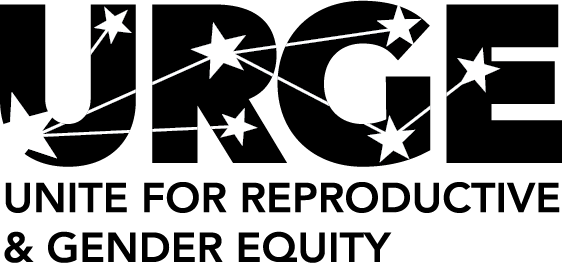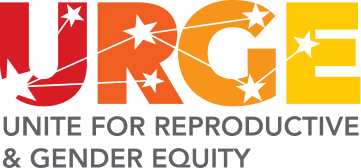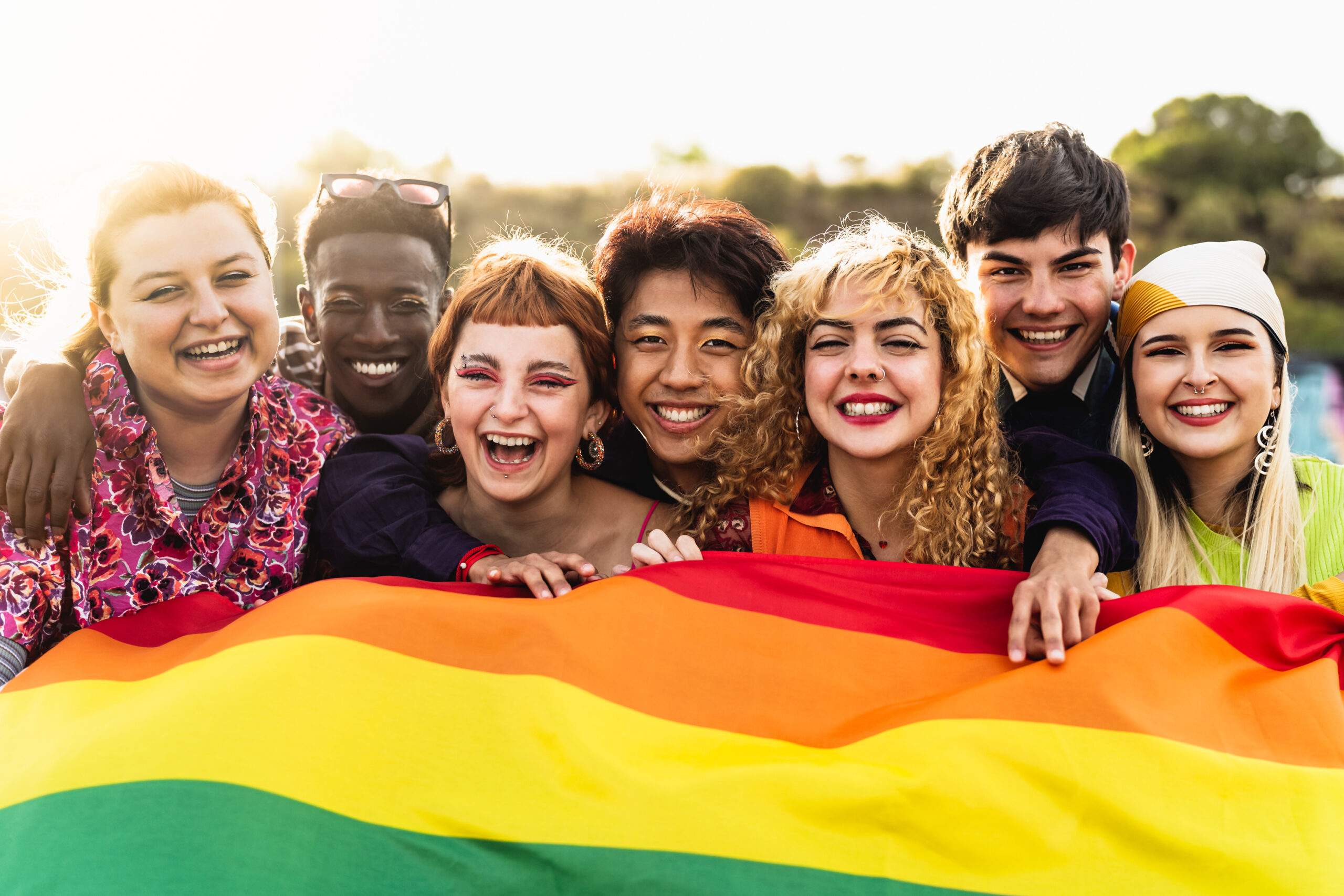URGE Condemns Racist Attacks on Asian-American Women

(Atlanta, GA) — Statement by Kimberly Inez McGuire, Executive Director of URGE: Unite for Reproductive & Gender Equity on the rise in violence targeting Asian-American and Pacific Islanders (AAPI), specifically AAPI women, in the United States:
“This week we are mourning the loss of 8 lives, including 6 Asian-American women, in Georgia. We also honor the innumerable and often unnamed AAPI community members who have experienced hatred, discrimination, and violence over the last year and throughout our nation’s history. We join in expressing solidarity, rage, and pain in the face of these continued attacks.
“The ongoing, and largely un– and underreported, violence AAPI communities have been experiencing, especially in the wake of racist stereotypes related to the pandemic, is horrific and unacceptable. According to the most recent data, hate incidents in major cities targeting Asian Americans rose by nearly 150% in 2020. The United States government, as well as politicians and media personalities, throughout history have been complicit in stoking racism against Asian people domestically and internationally. The notorious Napalm attacks on civilians in Vietnam, the exploitation of Chinese laborers during the Gold Rush only to subsequently implement the Chinese Exclusion Act against laborers, the forced removal and incarceration of Japanese people during WWII, ‘yellow peril,’ model minority myths, the history of San Francisco segregating its Chinese schools, and the racism that was so casually expressed by the former White House administration are just a few examples of systemic and cultural injustices against Asian-Americans that embolden people in the present day to act on their racism.
“The news coverage of the most recent shooting in Georgia has also been shamefully remiss in failing to name that AAPI women were targeted specifically, and targeted due to racial sexualization and fetishization. AAPI women report hate incidents at a rate of 2.3 times more than men. As this incident sadly illustrates, all too often white supremacy and misogyny go hand in hand. Moreover, sex workers, or people perceived to be sex workers, were specifically targeted due to racist and misogynist views that fail to honor the value of sex workers’ lives.”
URGE encourages people to visit the following organizational links to learn more and support the important work of organizations on the front lines of dismantling white supremacy targeting Asian Americans and Pacific Islanders, particularly in Georgia:
- National Asian Pacific American Women’s Forum – The only national AAPI Reproductive Justice organization, with a state chapter located in Georgia
- A Community-Centered Response to Violence Against Asian American Communities – Sign on letter hosted by Asian Americans Advancing Justice-Atlanta & Georgia NAACP
- Asian American Resource Center – Direct services center in Atlanta
- Stop AAPI Hate – Organization tracking and responding to Asian hate crimes
- Red Canary Song – Grassroots collective of Asian + migrant sex workers – currently circulating donations to victims’ families
- Asian Mental Health Collective – Asian mental health resources
- Asian Mental Health Project – Georgia-based mental health resource list
- NQAPIA – Federation of LGBTQ Asian American, South Asian, Southeast Asian And Pacific Islander Organizations
- NAMI (National Alliance on Mental Illness) HelpLine: Call 800-950-6264 or email info@nami.org for immediate support and resources in your community
###
URGE envisions a liberated world where we can live with justice, love freely, express our gender and sexuality, and define and create families of our choosing. To achieve our vision of liberation, URGE builds power and sustains a young people’s movement for reproductive justice by centering the leadership of young people of color who are women, queer, trans, nonbinary, and people of low-income. As a state-driven national organization, URGE organizes our communities, provides a political home for young people, advocates for meaningful policy change, and shifts culture, working in states where the challenges and opportunities are greatest.


